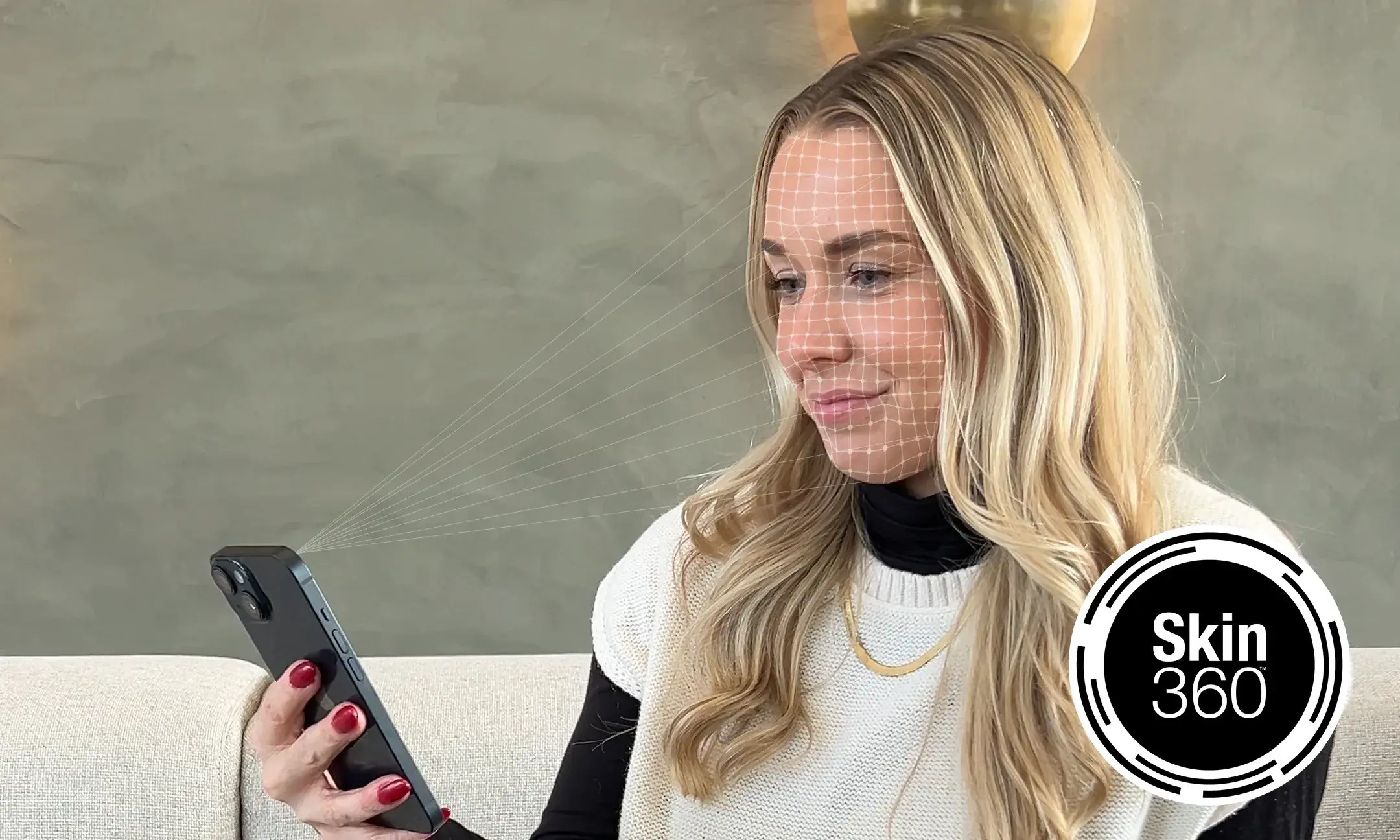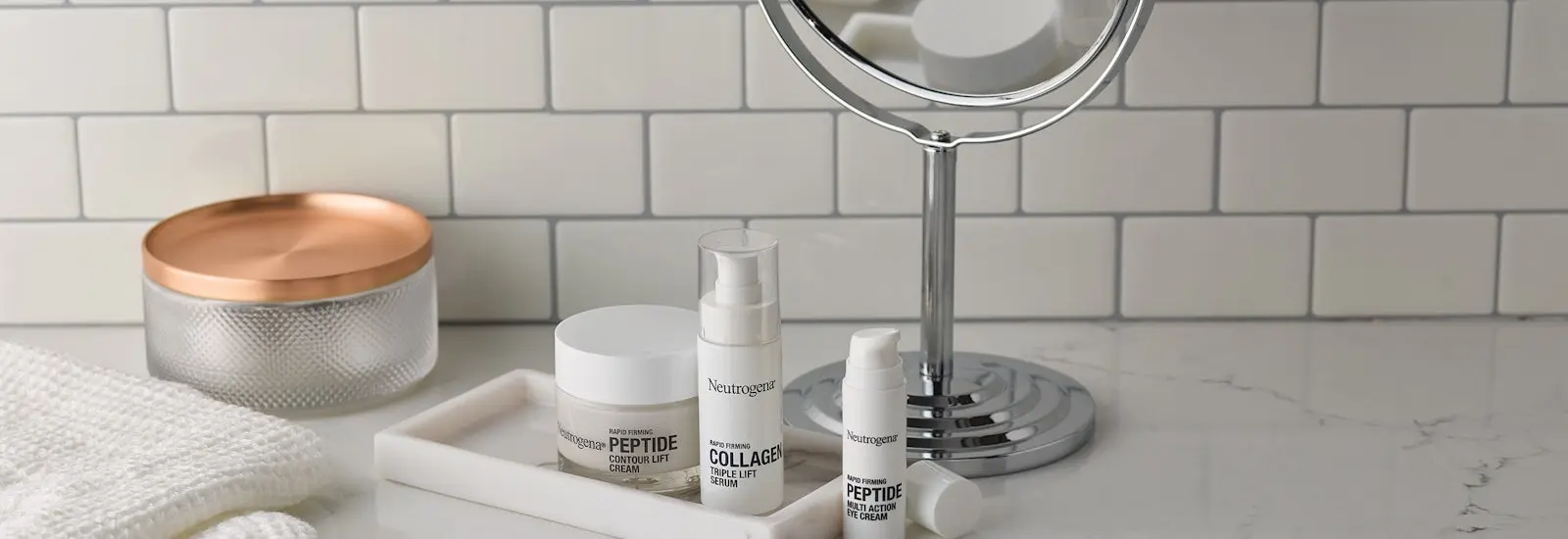It's no secret that young skin has more spring to it than older skin — the secret is in where that bounciness comes from. Skin's springiness is the result of elastin, and though it occurs naturally in the skin, your elastin production can slow due to a number of different factors.
So, what is elastin's role in your skin's appearance, and how can you lean on it to keep your skin looking firm and healthy for the long haul?
What Is Elastin?
Elastin is a protein in the fiber of the connective tissue of the skin that provides a resilient and elastic quality. It's what gives skin that bouncy, full look and feel so often associated with a youthful, healthy complexion. Elastin depletes naturally with age, leaving skin more prone to visible sagginess, fine lines and wrinkling.
What Causes a Loss of Skin Elastin?
Many factors affect how skin ages. For the most part, the breakdown of collagen and loss of elasticity is perfectly normal — as you age, you may notice your skin becomes more dry, dull and lined, and that's natural. However, these changes may also stem from:
Sun exposure. The sun's rays can cause UV damage that contributes to the appearance of sagging and wrinkles. Skin exposed to the sun without protection is also at greater risk of DNA and cell damage.
Pollution. Air pollution is often overlooked when it comes to skincare, but your skin sure feels its effects. Free radicals created by air pollution and other environmental factors can lead to the appearance of premature aging of the skin.
Lifestyle choices. In many ways, your skin reflects how you treat it — for example, research indicates that free radicals are created by cigarette smoke, which can contribute to early signs of aging.
How to Improve Skin Appearance
Thankfully, there are ways to address the changes caused by elastin-depletion in your skin— and it's not just endless green juice and early nights.
Moisturizer. Skin aging is a fact of life, but you can have visibly healthy skin by keeping it moisturized. Use moisture-rich products formulated with ingredients that target the visible effects of elastin depletion in skin, such as peptides, for a visibly firmer appearance.
Sunscreen. Using a daily sunscreen year-round helps to prevent visible signs of skin aging. Choose a sunscreen made with moisturizers so that your skin feels comfortable enough to wear UV protection every day.
Antioxidants. Protect skin from the visible signs of aging from UV rays and pollution by including antioxidants in your skincare routine. Vitamin C & E for example are natural ingredients rich in antioxidants with big beauty benefits.
Diet. OK, it's not all green juice, but a little greenery in your stomach certainly doesn't hurt. Eating a colorful range of fruits and vegetables is a good foundation for any eating plan — accompany them with whole grains and lean proteins to fill out your macronutrient needs.
Water. Get plenty of hydration into your daily regimen to keep your skin looking gorgeous and youthful. Aim for between 2.7 and 3.7 liters of water a day. That doesn't just mean water: Biting into a juicy orange contributes to your daily water intake, too.
Elastin is just one tool your skin uses to keep itself in shape. There are plenty of ways in which the skin loses elastin, but fortunately, there are just as many ways to keep skin looking youthful for years to come.





